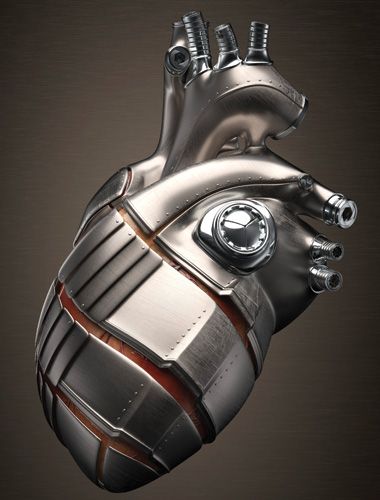
Organ
transplants saves lives, but there aren't enough suitable and available
organs for those who need them. There just aren't enough donors. Two
doctors, Joseph Vacanti of Boston Children’s Hospital in Massachusetts
and David Cooper of the University of Cape Town Medical School in South
Africa, are looking at ways around the human organ shortage problem.
Faced
with this common problem, Vacanti and Cooper have championed very
different solutions. Cooper thinks that the best hope of providing more
organs lies in xenotransplantation—the act of replacing a human organ
with an animal one. From his time in Cape Town to his current position
at the University of Pittsburgh, he has been trying to solve the many
problems that occur when pig organs enter human bodies, from immune
rejection to blood clots. Vacanti, now at Massachusetts General
Hospital, has instead been developing technology to create genetically
tailored organs out of a patient’s own cells, abolishing compatibility
issues. “I said to myself: why can’t we just make an organ?” he recalls.
Grow your own organs or use organs from animals? Ed Yong of
Not Exactly Rocket Science writes about the research going on in both areas, and how they might possibly end the organ shortage, at TheScientist.
More
 Organ
transplants saves lives, but there aren't enough suitable and available
organs for those who need them. There just aren't enough donors. Two
doctors, Joseph Vacanti of Boston Children’s Hospital in Massachusetts
and David Cooper of the University of Cape Town Medical School in South
Africa, are looking at ways around the human organ shortage problem.
Organ
transplants saves lives, but there aren't enough suitable and available
organs for those who need them. There just aren't enough donors. Two
doctors, Joseph Vacanti of Boston Children’s Hospital in Massachusetts
and David Cooper of the University of Cape Town Medical School in South
Africa, are looking at ways around the human organ shortage problem.
No comments:
Post a Comment